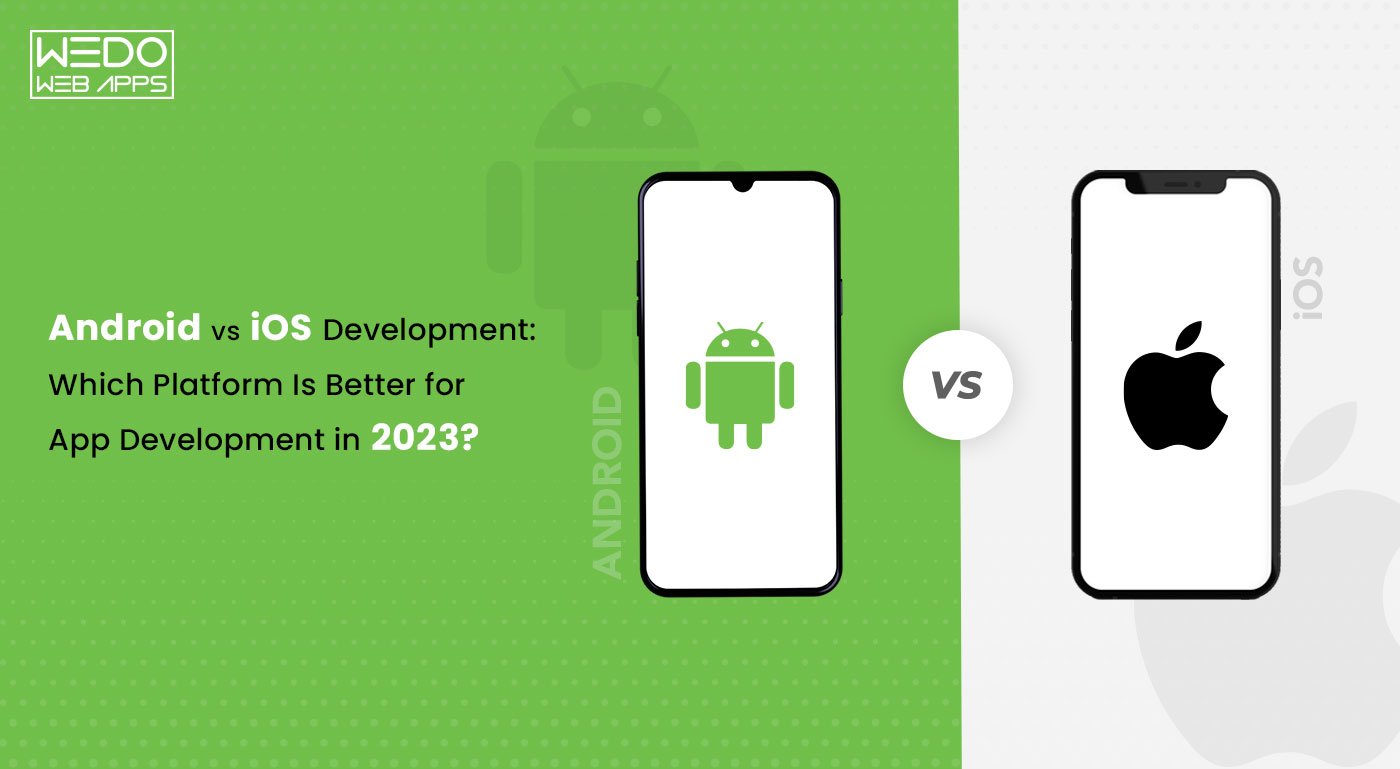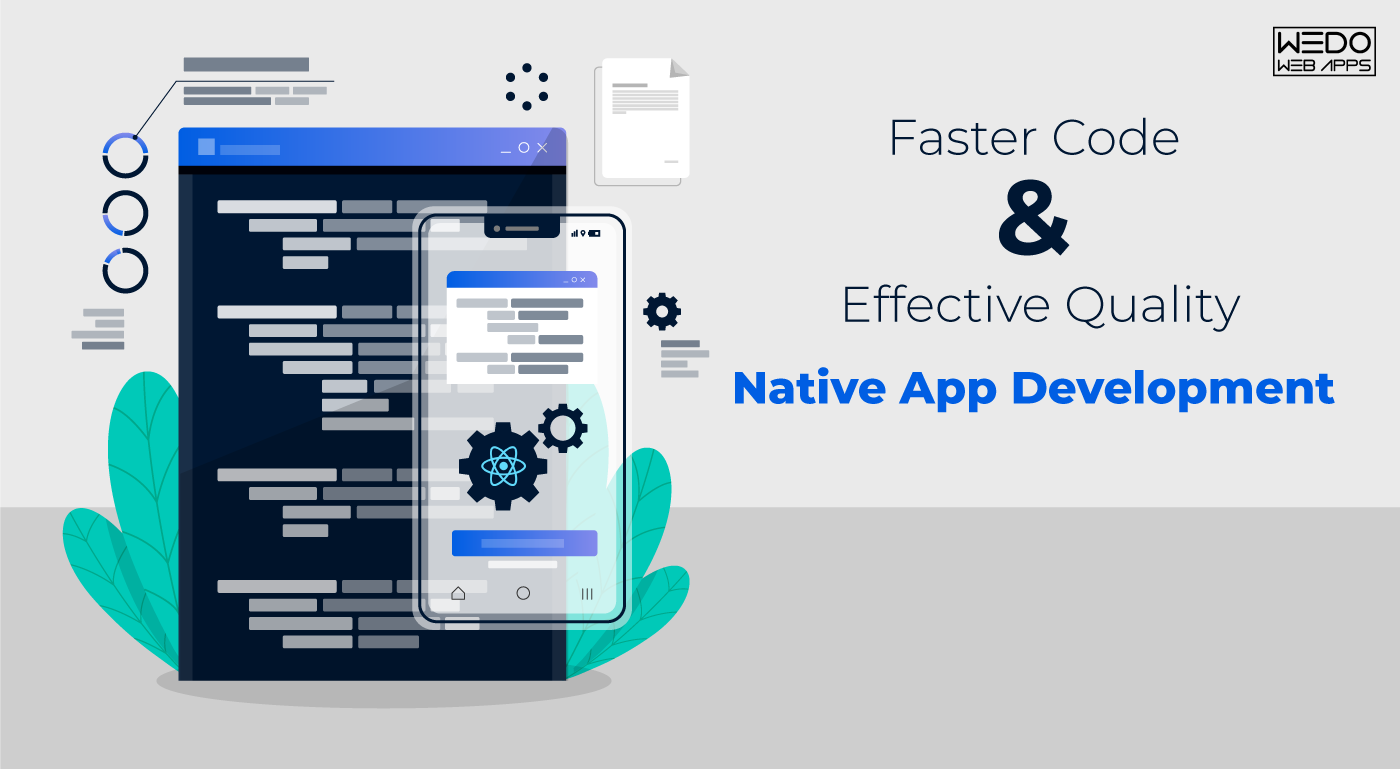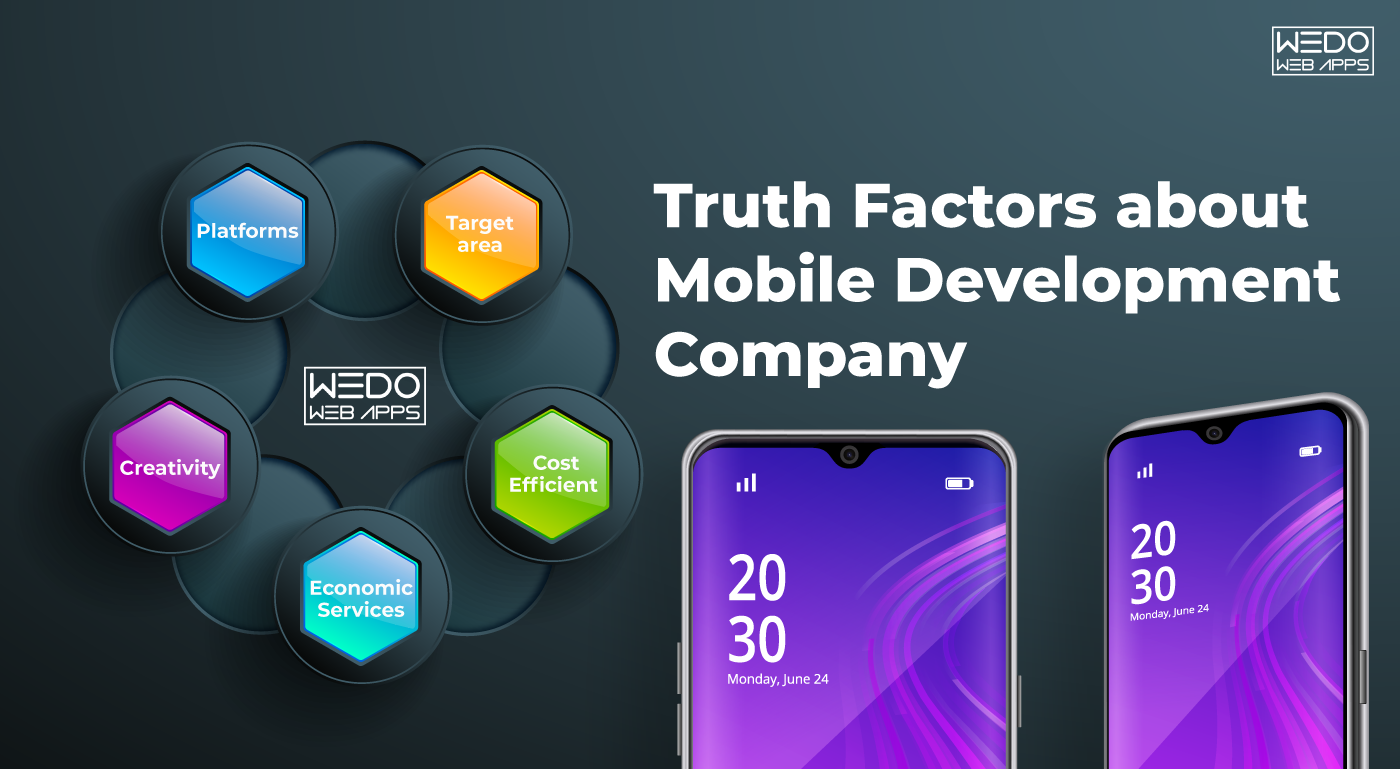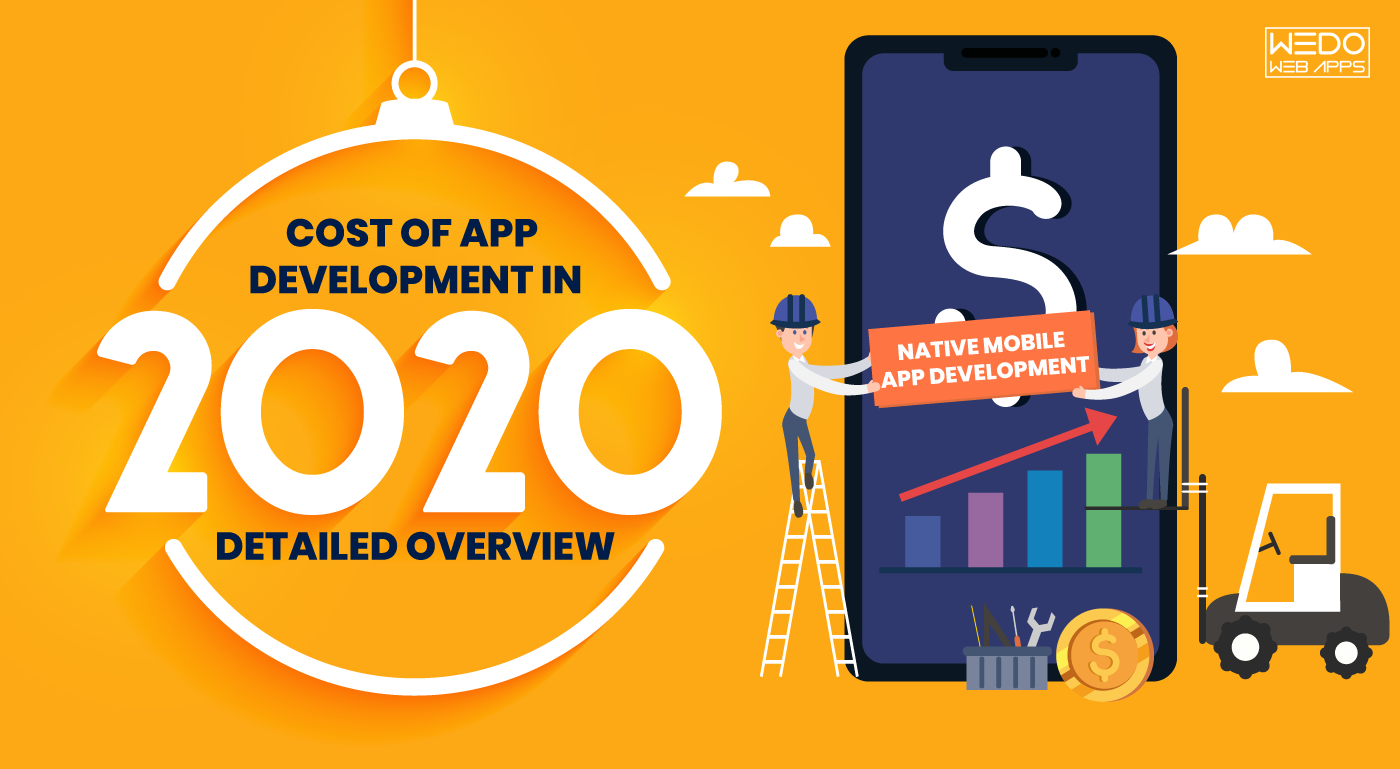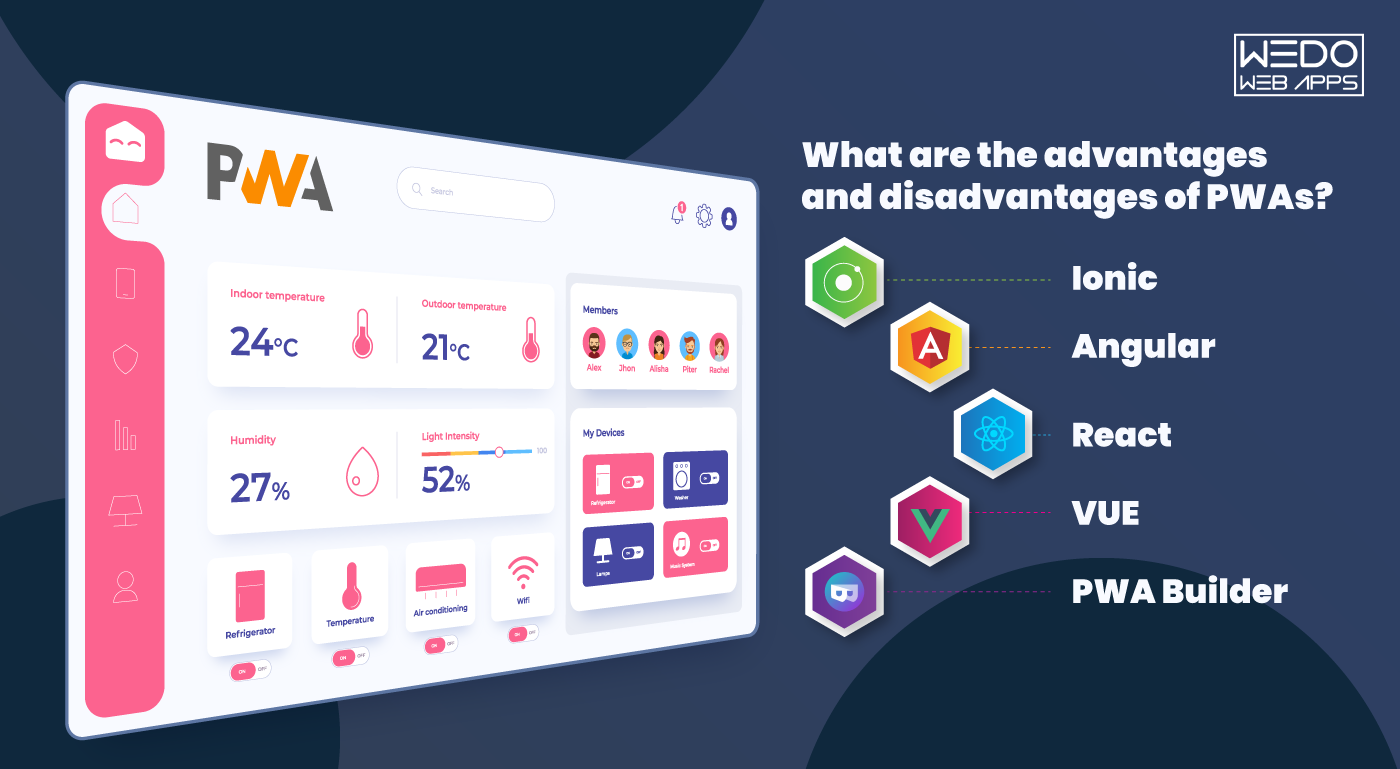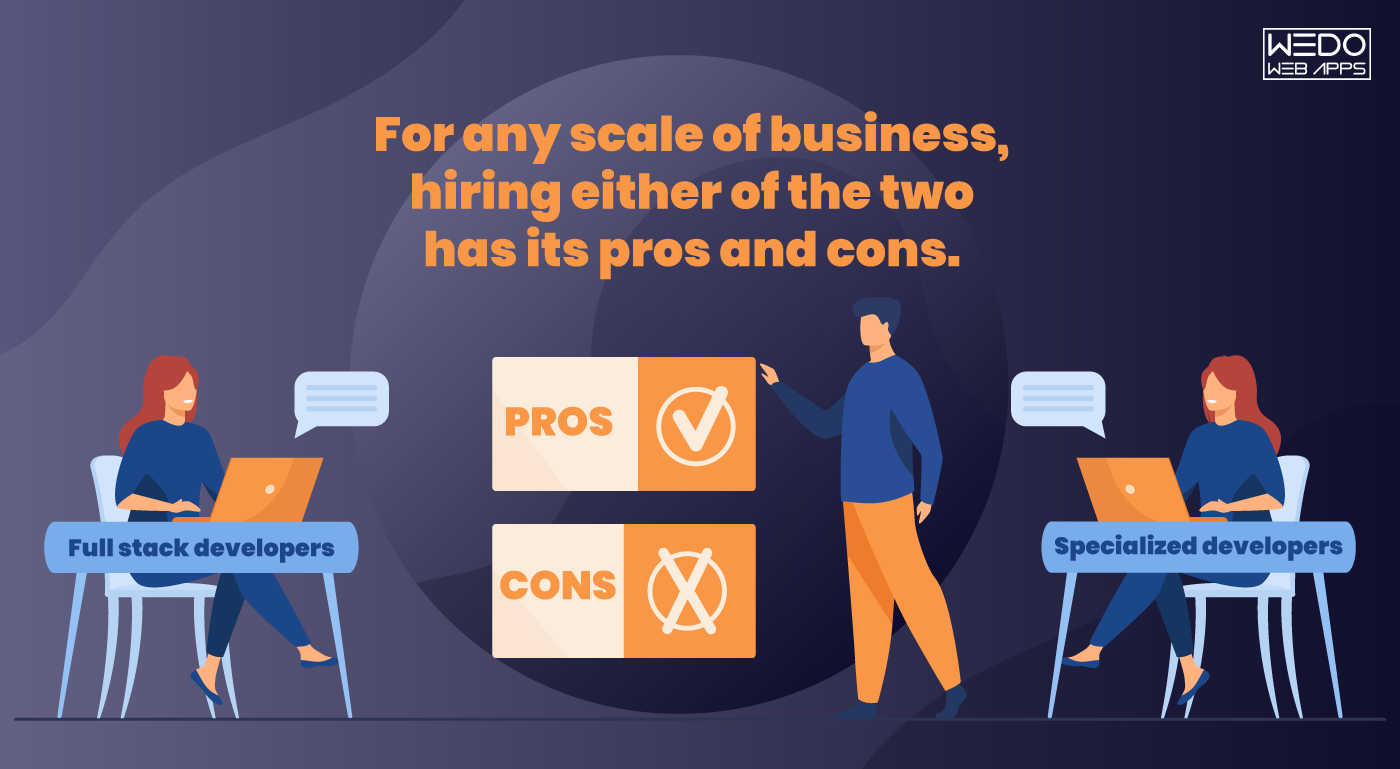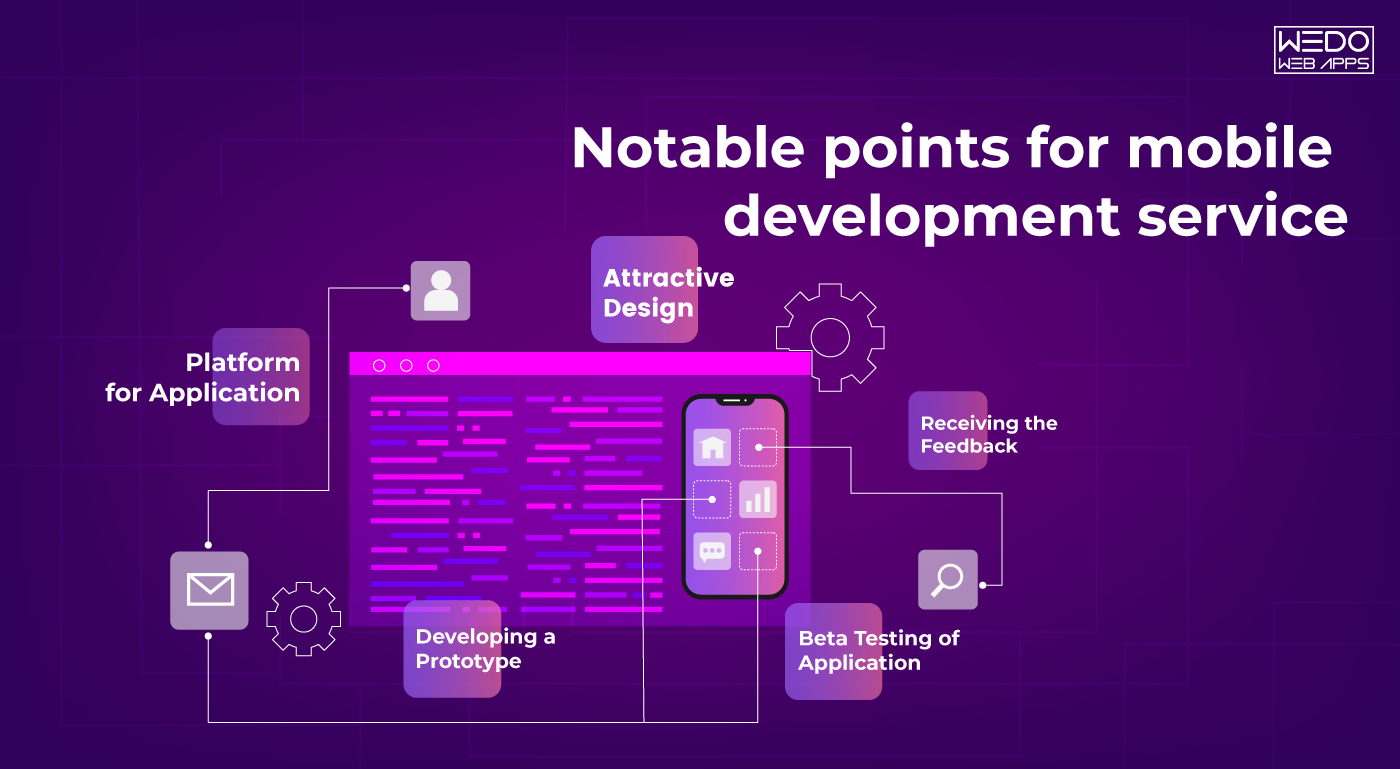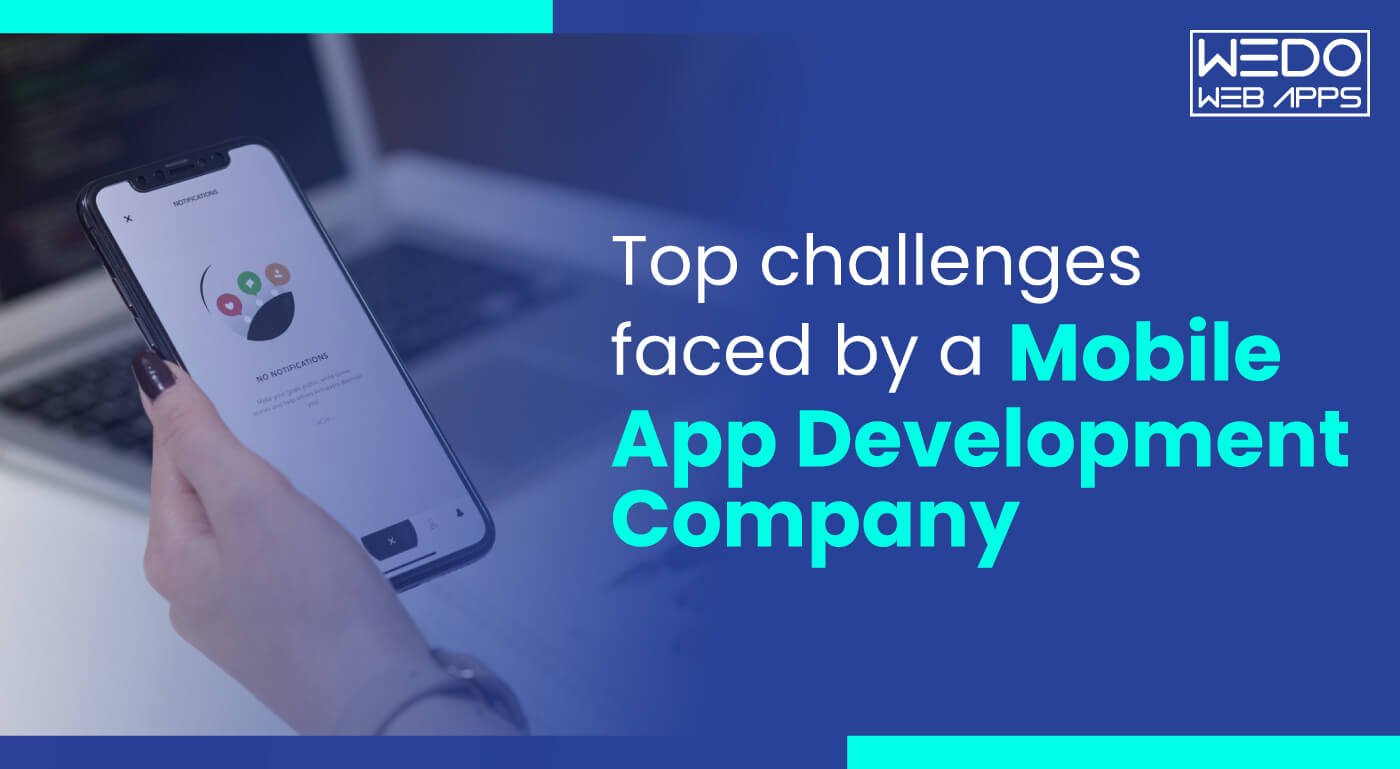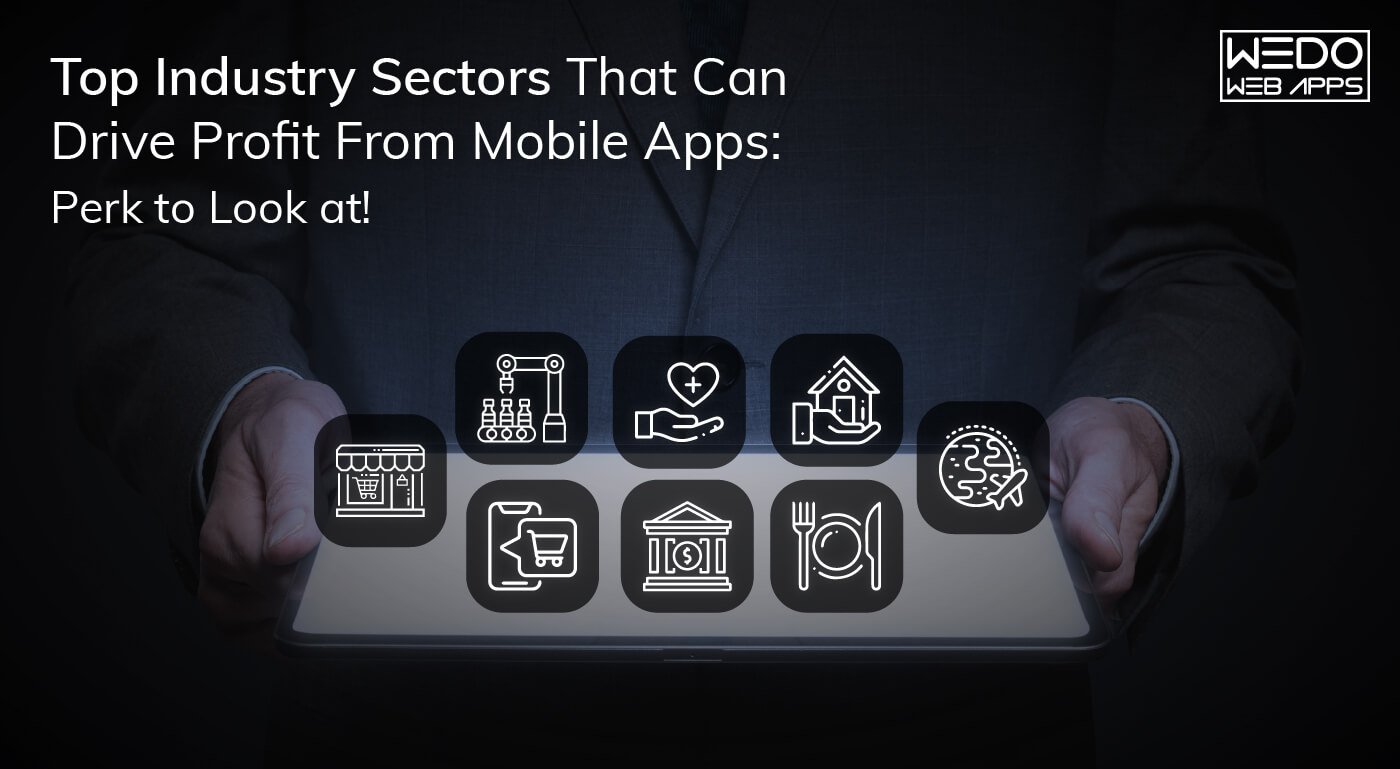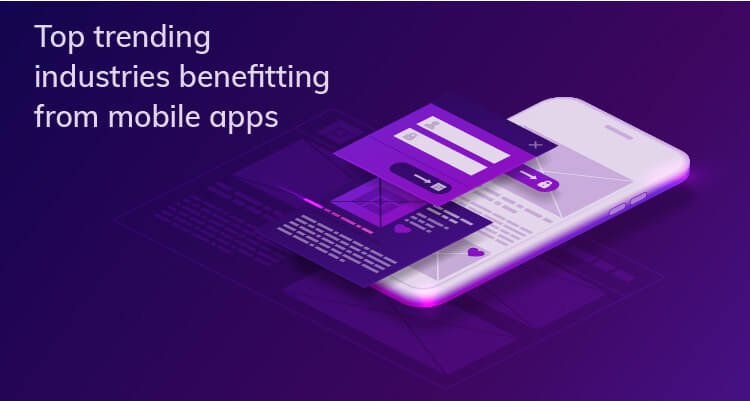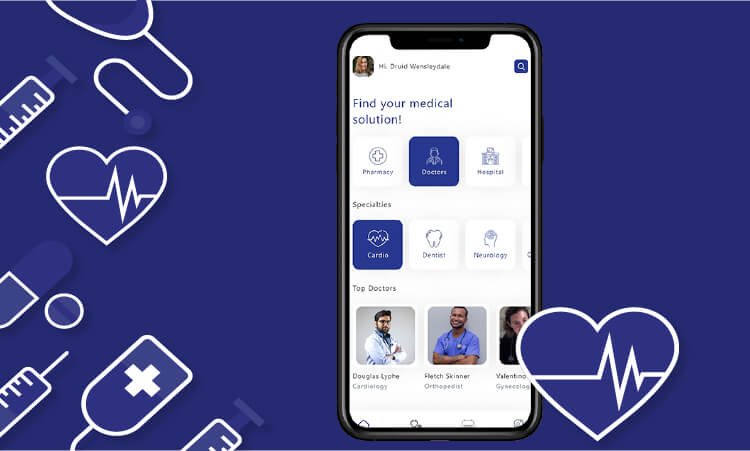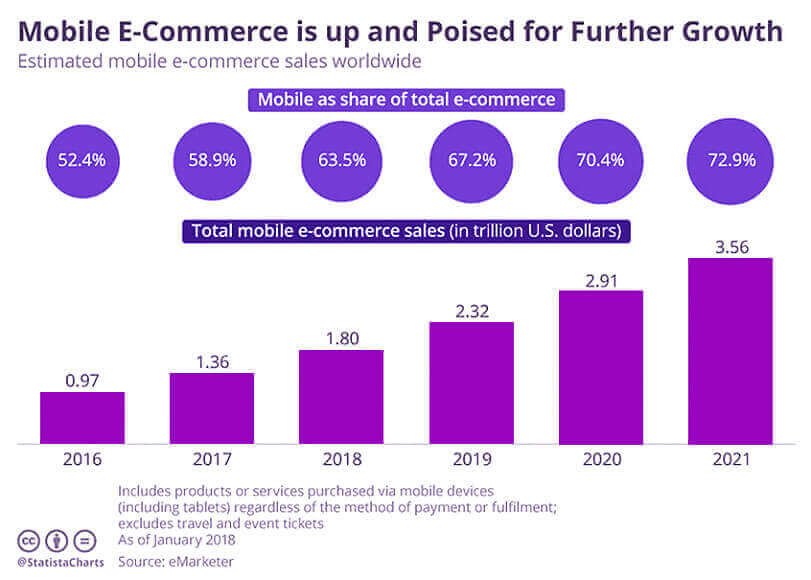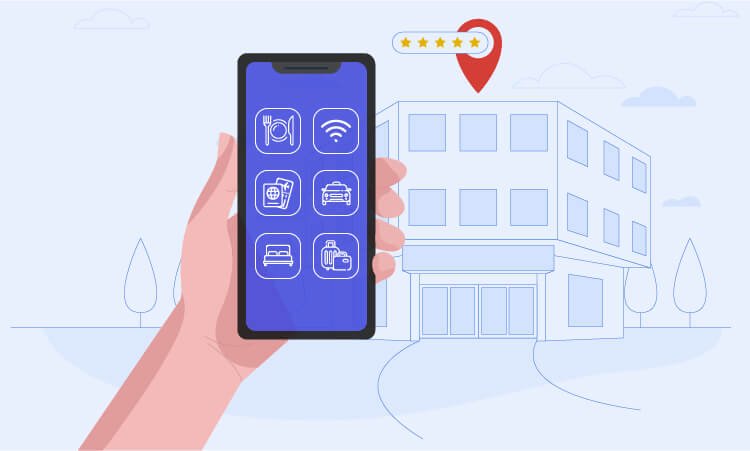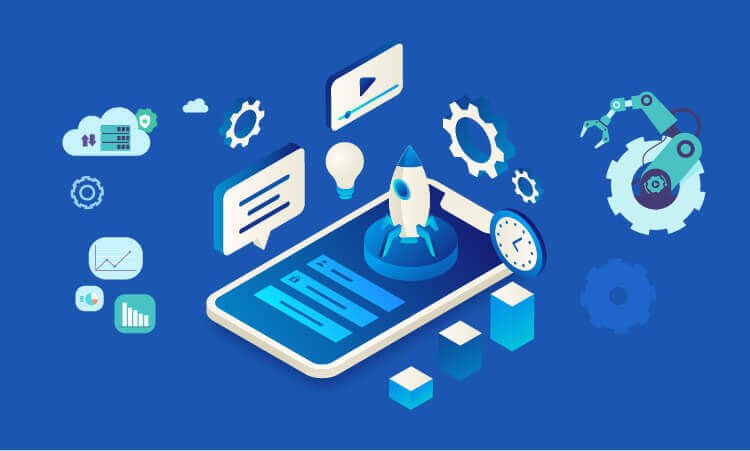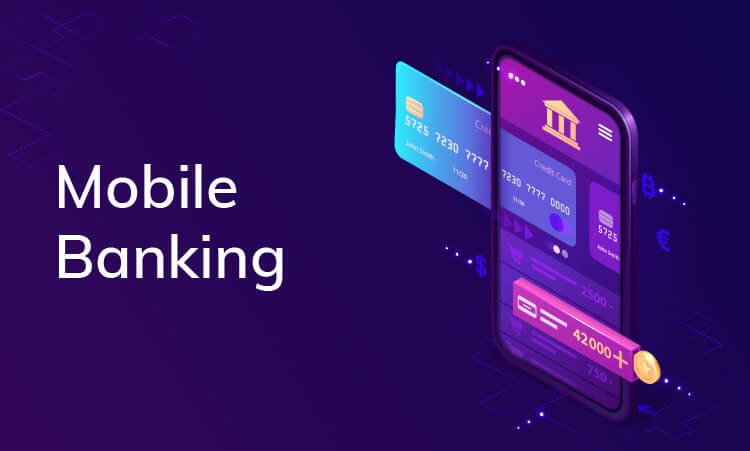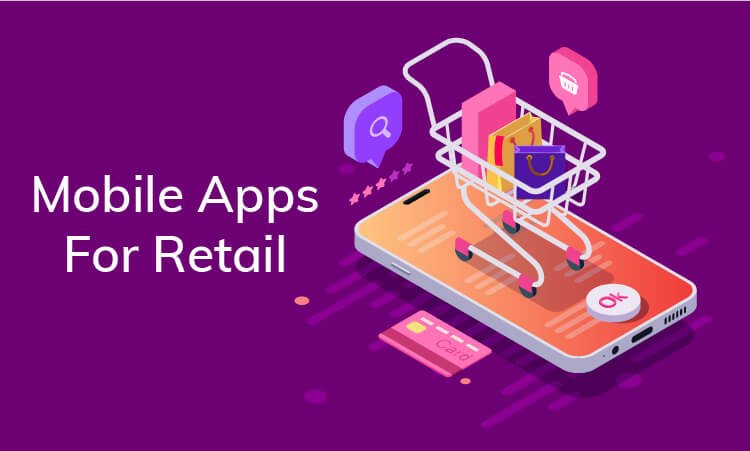Looking for an Android app development company for your business or start-up? Or, are you in search of an iOS app development company?
If you are overwhelmed with tons of the latest technology available for mobile apps and don’t know whether to go with iOS or Android app development, we’ve got your back!
To make it easier for you to understand, we will give you all the answers in the simplest way possible.
App development platforms have many factors and considerations to reach the target audience and drive maximum profit.
This article aims to provide a comprehensive understanding of both the Android and iOS app development platforms. Through this article, we want to help you to relate to the user’s needs and make wise decisions on choosing Android or iOS app development.
Here we go!
iOS v/s Android Demand: Know the Statistical Figures
The web and mobile applications have become one of the most popular and preferred resources for the general audience to browse, understand, and buy products and services.
According to the Statista report, global app revenue in 2020 increased to $318 billion, a $60 billion increase from the previous year. By the end of 2022, the total app revenue is expected to be $430.9 billion.
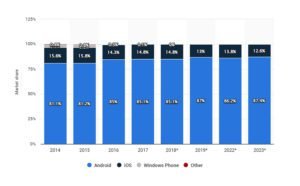
Another significant report from Statista suggests that by 2023, iOS will have a market share of 12.6%, while Android will have 87.4%.
There is a lot of significant numerical data in Android and iOS applications that vary from country to country. The United States and Japan are two countries where iOS users dominate Android users. However, the number of Android users is more significant when the worldwide ratio is considered.
There are 2.56 million apps available on Google Play, while iOS has 1.85 million apps, clearly stating that Android has more applications than iOS. The above-stated statistics must have clarified the target audience and how the individual platforms would perform per your needs.
How To Choose The Best Platform For App Development – Factors To Consider
When you are confused about the parameters to consider for an app development platform, there are some factors you should study! For Android and iOS app development services, always look forward to the below points before making the right choice:
1. App Downloads
Android’s market bandwidth is more significant than iOS, so there are more app downloads in Android. Alongside that, Android runs a lot of paid advertisements that make up for extra revenue.
However, iOS users are most likely to purchase apps, which means that this is the audience that will help generate app revenue.
2. Target Audience
In generating more revenue, the size of the targeted market matters more than the size of the market. Android has more users than iOS, but it might not get you your potential successful reach.
The type of audience you are looking for is likely more prevalent among iOS users. Thus, it becomes essential to study which type of users would help you make the app launch a success.
3. Cost of App Development
Organizations must work within their budget criteria while keeping the target audience in mind. The best way to do it is to try and compare the budget with the target audience and understand how worthwhile the platform would be.
In short, organizations need to plan revenue and return before making an app development platform choice.
4. Average Revenue
Revenue always makes up for the primary motive for all businesses. In this context, there are two questions you need to ask:
- Do you need a large audience or a small one that can give you more profit?
- What will make more business out of the app: advertisements or app costs?
Did you know that despite Android’s 82% revenue increase, it still lags behind iOS? There isn’t anything good or bad in general; it depends on your expectations and targets!
5. App Update
iOS and Android applications require a minimum of one update a year. It is often neglected in mobile app development and downloads, but it is important.
A Detailed Comparison Between Android and iOS
Now, in the blog, let us take you through a comprehensive iOS and Android app development service guide based on parameters like user retention, market trends, number of users, app revenue, and others.
Read also: Android Vs. iOS: Which One to Choose for Your Startup? Here Is a Quick Guide
1. The Market Strength of iOS v/s Android:
As discussed above with statistics, Android has more users than iOS, but there’s more to put light on. While Android brings the mass, iOS devices have users who would likely engage more. In iOS, there are more opportunities for in-app purchases.
Android is popular among lower-income groups and in developing countries. It can help you generate revenue, even through paid advertisements.
2. Global Market Share of iOS vs. Android
In the mobile app domain context, Android has 2.5 billion active users across 120 countries.
iOS has 1 billion active users on a global level. This makes the android win this battle. This is one of the primary reasons why start-ups choose Android rather than iOS applications.
3. iOS vs. Android: App revenue
Choosing an app development platform also includes app revenue as one of the major deciding factors.
Regarding the Google Play store, the revenue generation was 48 billion USD in 2021. Whereas the Apple app store generated a revenue of 85 billion USD in 2021. With that, iOS took the lead in the gross revenue mark. However, in 2022, Google Play app downloads were 27 billion, and iOS had only 8.1 billion. Here Android took the lead.
In the above statistics, you must have noticed that Apple led in revenue generated and Android app downloads. Businesses choose iOS to generate more significant revenue, though Android is trying to match it, which will likely take time.
4. iOS vs. Android: User Retention
By user retention, we mean the trustability and performance of your app in the market. User retention is a concern if your business has been catering to services through applications. Finding a loyal customer base is a real challenge in the vast and overcrowded market.
Considering some facts, Android has been more successful in creating loyal customers than iOS users, who tend to quit because of minor problems. This can also come from where Android apps come free and iOS users must pay for apps consistently.
Technical Differences Between Android and iOS
| Technical Differences | Android | iOS |
| Development | Both platforms inculcate the core rules of development. Still, software developers find it easier to code in Swift (iOS development stack) rather than Java and Kotlin (Android development stack). | The iOS design and development programming language is considered more accessible than Android. |
| System-Specified Design | Android developers need to focus on material design guidelines, material design components, and app quality guidelines while developing the app that makes it complex. | In terms of system design, developers find iOS system design easier than that of Android |
| Complexity | The complexity level for Android app development is higher than that of iOS since Android needs a lot of device fragmentation in comparison to Apple, which has a limited range of device releases. | iOS-developed applications are available only on Apple and the screen size and aspect ratio do not change, making it simpler to develop. |
| Project Timeline | When developing from scratch, android takes more time as it needs to be developed in a way that functions across multiple devices. | As per the above information, it can be concluded that iOS app (especially mobile app) development takes less time than Android. |
| Interface | Google is more focused on hardware. The Android Interface is built on a hierarchy of widgets and layouts. | However, iOS animations are considered better than Android as Apple prioritizes better user experience and, thus, launches impressive animations. |
From all the above pointers, it can be concluded that the development of an iOS app is more accessible than that of an Android one. However, that is more of a developer’s concern, but being the app’s owner, you must know it!
Advantages of Using the Android Platform
Let’s look at a few advantages of using the Android platform for app development:
- The Android operating system is highly customizable and user-centric.
- Android gives the option to choose from in-built apps, which is the official store for app downloads.
- It has open-source code, which means it is available to developers and manufacturers.
- The Android user experience can be enhanced through an easy custom ROM download.
- Androids come with widgets that are self-contained programs, enhancing functionality.
- The device’s memory can be increased by just inserting an SD memory card.
Advantages of Using the iOS Platform
Let us look at a few advantages of using the iOS platform.
- iOS and Android come from the same company, which makes the application consistent without major changes in design and interface.
- With the least number of security breaches, it is considered one of the safest platforms.
- The lowest heat generation with a long-lasting battery
- Easy testing and low fragmentation
- The hardware and software are designed by Apple itself.
- App icons with appealing and aesthetic designs to choose from
Do you need an Android or iOS interface? Let us look at specific situations and what would ideally go with them.
When Should Businesses Choose Android Development?
● If your budget is limited!
Android app development has a particular social network designed from which you can choose what suits your needs well. A wide range of options can be integrated within the set budget in android development.
● If you target users across different devices!
If your audience is spread across various device users, Android can help you get a better reach as the application is accessible all across.
● If your application requires frequent customization
Android has easy customization options that allow you to add and remove features without hindrances as per your business needs.
When Should Businesses Choose iOS Development?
● If you need high security for your app data!
iOS has a premium security facility that avoids the manipulation of essential data in any manner. So, if you’ve been looking for a data-sensitive option, the iOS platform is the right one.
● If you are looking to offer the best customer experience!
The iOS App Store does not approve any app easily. There are significant guidelines to follow. Thus, it helps create the most amazing user experience, bringing quality engagement.
● If Apple device-dominated countries are your targets!
If your potential customer base comes from countries like the USA that have the most Apple users, then the iOS development platform is the right choice for your app.
Read more about New Trends In Mobile App Development
Conclusion
Whether you choose Android or iOS, it is important to understand what will best suit your needs. In this write-up, we tried to explain every bit of it so that you can make an apt decision, leading to a fruitful outcome. Checklist the points and then decide as per the weightage of both platforms.
However, don’t forget, a software development company with a track record of experts can definitely help you get results much faster!
At WeDoWebApps, we are a mobile app development consultancy company where you can get your dream app developed. Our team of iPhone app developers and Android developers works full-time to provide you with all kinds of services including UI/UX design, development, testing and so much more.
